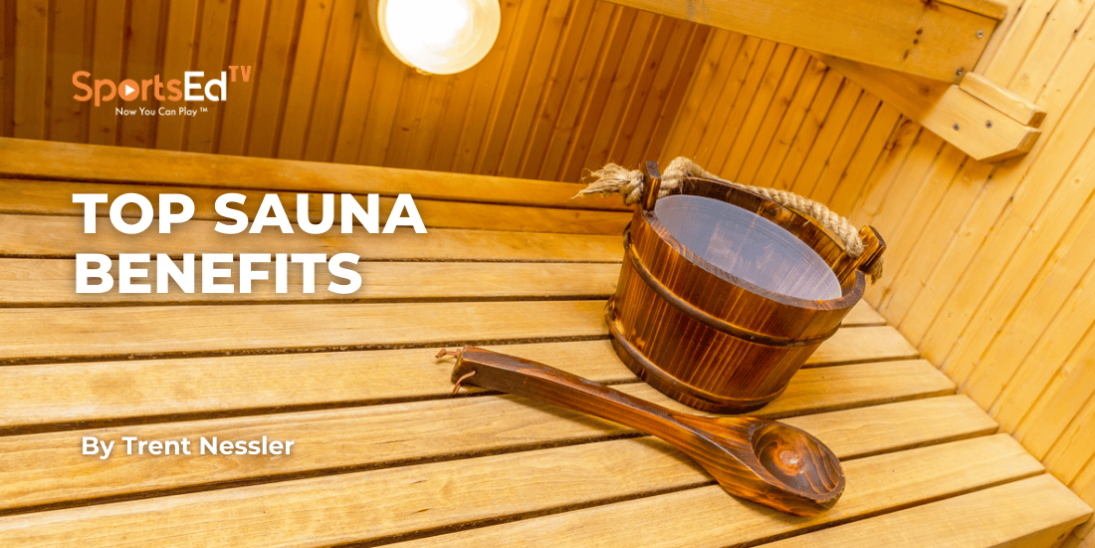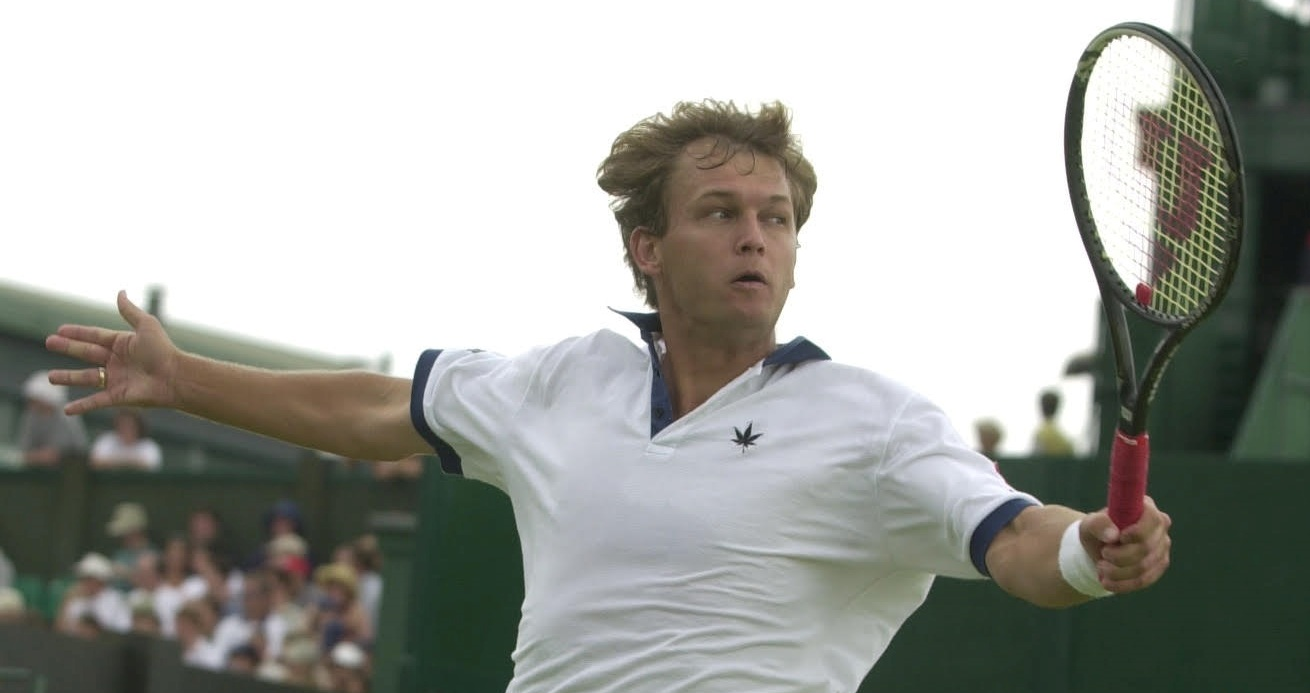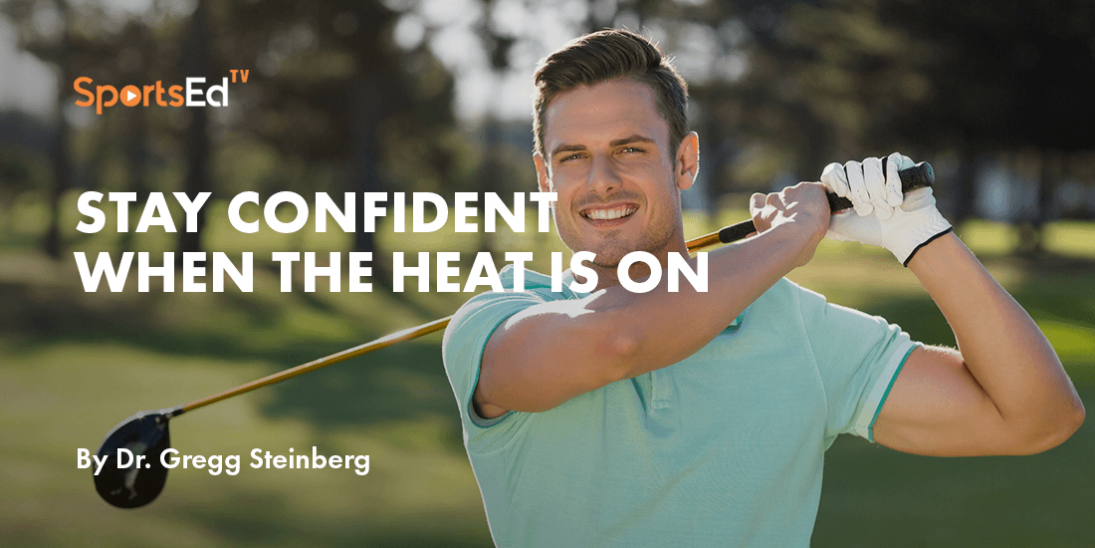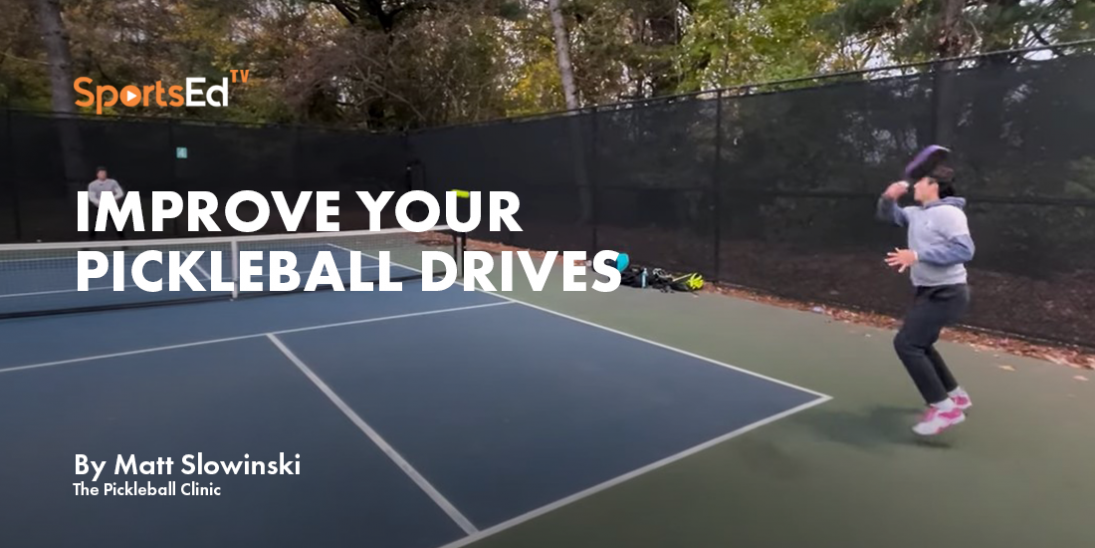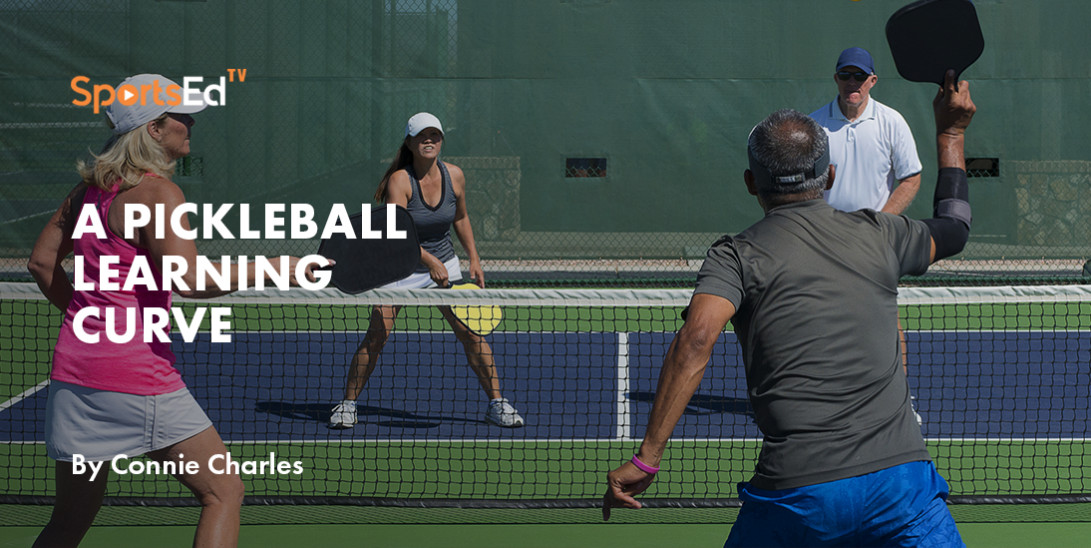Health, Pickleball, Tennis, Volleyball
Welcome and thanks for visiting...

Why Maintaining Vision Health and Eye Care is Essential for Athletes
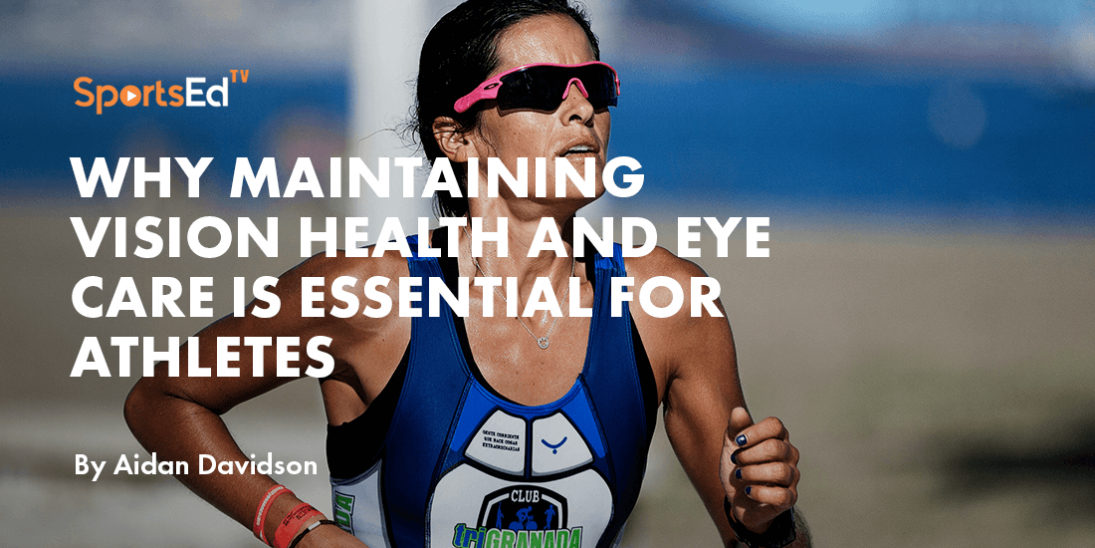
For athletes, peak performance hinges on a well-trained body, honed reflexes, and unwavering focus. However, one crucial element often goes overlooked: vision. Sharp eyesight and healthy eyes are a game-changer on the field, court, or track. It's a vital sense for training perception and reacting and responding to cues and the environment, helping you become a more skilled athlete. It also lets you stay more alert to your surroundings, body, and other factors that may affect your training sessions or competitions. Here's a deeper look into why maintaining eye health is essential for athletes and how to practice it:
Why vision health is important for athletes
Performance enhancement
Even minor vision issues can hinder performance. Uncorrected blurry vision can slow reaction times and make it challenging to judge spatial relationships. Dry eyes can cause irritation and discomfort, distracting athletes during crucial moments. Addressing these problems through eye care can unlock an athlete's full potential. By prioritizing vision health, athletes can ensure visual clarity, comfort, and precision to better react to any occurrence during training sessions, games, tournaments, or competitions, helping them maintain athletic performance.
Injury prevention
Sports involve a risk of eye injuries from flying objects, collisions, intense winds, and dust. Proper eye protection, like sports glasses or goggles, is essential for safeguarding your eyes during training and competition. However, eye care can help ensure that your eyes are healthy or detect underlying conditions that might make them more susceptible to damage.
Sharpened skills
Many sports demand exceptional visual skills beyond simple clarity. Depth perception is vital for judging distances and aiming throws or shots. Peripheral vision allows athletes to stay aware of their surroundings and react to other players' movements. Eye tracking helps follow fast-moving objects like balls or opponents and or predict their trajectory.
How athletes can practice eye care
Eye exams
Eye exams are essential for assessing visual health and performance. Not only do these tests determine how well you see and how well your eyes work together, but they can also be the first line of defense in detecting eye diseases like cataracts or glaucoma, which are hard to notice on your own. Scheduling an eye exam every one to two years—or depending on your vision needs and the advice of a professional—can help you stay on top of your vision health. Early intervention can prevent vision loss and ensure athletes can continue competing at their best.
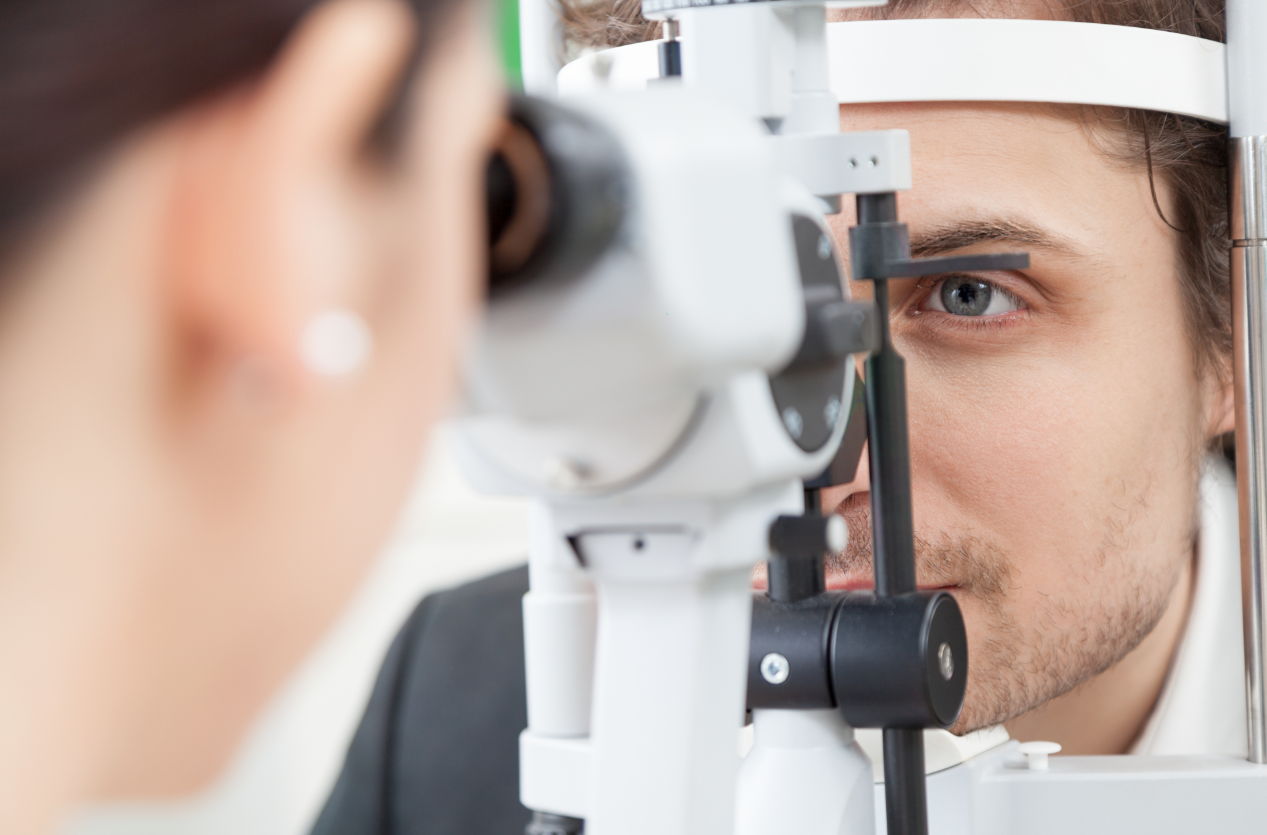
Maintain proper diet and hydration
Diet and hydration are essential for keeping your body in its best condition, but they're also necessary for vision health. Eating a balanced diet rich in omega-3 fatty acids, zinc, lutein, and vitamins A, C, and E can ensure your eyes function optimally. Reach for carrots, fatty fish, leafy green vegetables, and more to get these nutrients. Hydration is also a must to keep your eyes lubricated and comfortable. Drink plenty of water, especially during training sessions or games, to prevent dehydration and dry eye, and consume foods with high water content, like watermelon and cucumber.
Wear protective eyewear
Eyewear doesn't just keep your vision clear; it can protect you from pain and injury while doing your sport. Sports sunglasses can keep harsh UV rays from burning your eyes and causing eye conditions or block glare from surfaces like snow and water. Wraparound styles can block debris from entering your eye, keeping you focused and comfortable.
Rest and recover
Sleep enables your body to heal itself, including your eyes. Not enough sleep can make your eyes feel uncomfortable, heavy, and strained, impeding your performance. Sleeping seven to nine hours a night can alleviate eye fatigue and ensure they function properly throughout the day. If you don't get enough sleep at night, power naps can give you a chance to recover. A 15-20 minute power nap can energize you and let your eyes rest.
By prioritizing eye care, athletes can safeguard their vision, optimize performance, and achieve their competitive goals.
Author bio: Aidan Davidson is a freelance writer with a specialty in sports and athletic performance. He mainly focuses on offering guidance for athletes to maximize their skills and stay sharp on or off the field, court, or track. Aside from writing, he enjoys playing tennis with his family.




